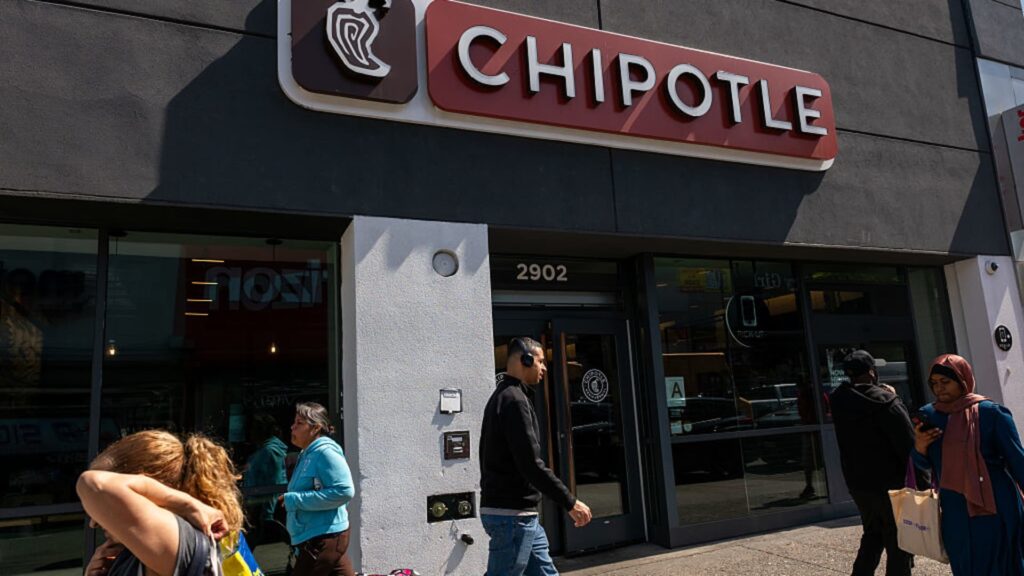
Pepsi, Chipotle, P&G cut earnings forecasts
Major Companies Cut Earnings Forecasts Amid Tariff Impact and Consumer Concerns
Key Developments
Major consumer companies including Procter & Gamble, Chipotle, and PepsiCo have announced significant cuts to their earnings forecasts, citing the impact of tariffs and growing consumer uncertainty. This trend reflects broader economic concerns as companies navigate an increasingly complex trade environment.
Tariff Impact on Corporate Earnings
The current economic landscape has seen at least a dozen companies revise their full-year outlooks downward during this earnings season. The primary driver of these adjustments is the implementation of tariffs, which have increased costs for key commodities ranging from Peruvian avocados to saccharin used in toothpaste production.
While a 90-day pause on higher rates is currently in effect under President Trump’s reciprocal tariff plan, the situation remains fluid. Most imports now face a 10% duty, with Chinese goods subject to 145% duties, excluding certain exempt items like aluminum and cars.

Price Adjustments and Consumer Impact
Companies across various sectors are considering price increases to offset the impact of tariffs on their profit margins. American Airlines CEO Robert Isom expressed concerns about rising aircraft costs, stating that the company would not absorb these additional expenses and would likely pass them on to customers.
Procter & Gamble, Keurig Dr Pepper, and Hasbro have all indicated potential price adjustments in the near future. P&G CEO Jon Moeller noted that tariffs are inherently inflationary, forcing companies to explore both pricing strategies and alternative sourcing options.
Consumer Sentiment and Spending Patterns
U.S. consumer sentiment has reached its second-lowest level since 1952, reflecting growing concerns about inflation, potential job losses, and the possibility of a recession. This nervousness is already affecting consumer spending patterns across multiple industries.
Industry-Specific Challenges
The impact of tariffs and consumer uncertainty varies across industries:
- Consumer Goods: P&G reported lower-than-expected third-quarter sales and revised its full-year outlook for core earnings per share and revenue.
- Restaurant Industry: Chipotle has seen a slowdown in customer traffic since February, with concerns about the economy being the primary reason for reduced restaurant visits.
- Airlines: Multiple carriers, including American Airlines, Southwest, Alaska Airlines, and Delta, have either pulled their 2025 financial guidance or offered revised outlooks based on economic conditions.

Looking Ahead
The current economic environment presents significant challenges for businesses across sectors. Companies are adopting various strategies to navigate these challenges:
- Exploring alternative sourcing options to reduce tariff impact
- Implementing selective price increases to maintain margins
- Adjusting growth expectations based on consumer behavior
- Developing contingency plans for different economic scenarios
Economic Implications
The combination of tariff impacts and consumer uncertainty is creating a complex economic landscape. While some companies maintain optimistic outlooks, the overall trend suggests a more cautious approach to business planning and growth expectations in the coming months.
As companies continue to navigate these challenges, the focus remains on maintaining profitability while addressing consumer concerns and adapting to an evolving trade environment. The coming months will be crucial in determining how businesses adjust to these economic headwinds and whether consumer confidence can be restored.






